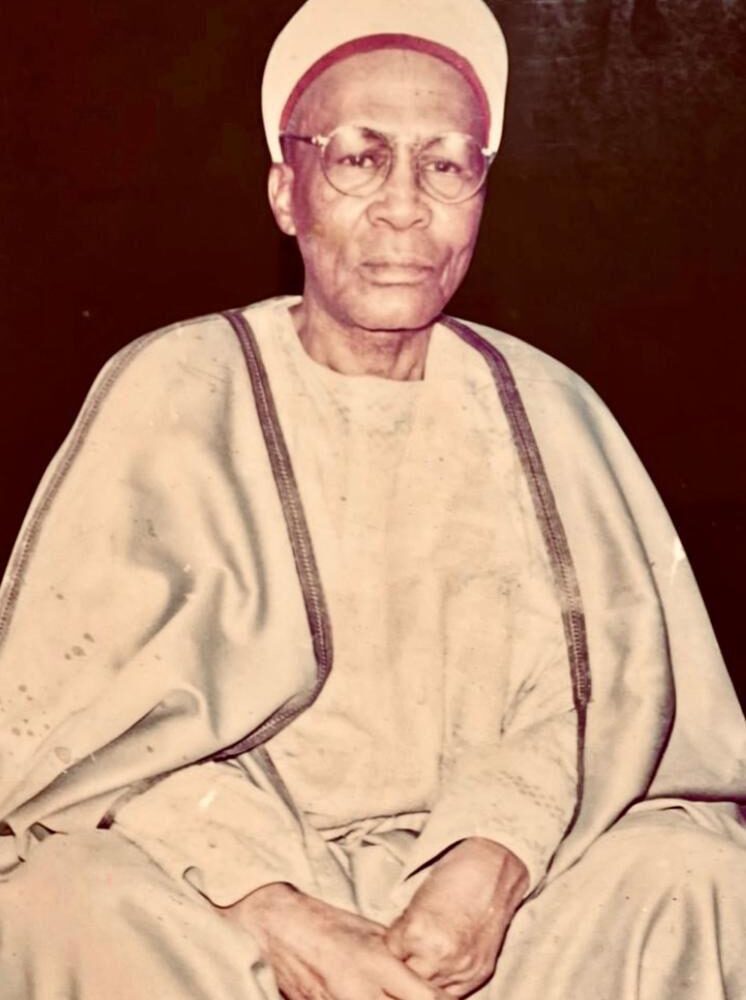Across the globe, societies are seemingly convulsed by campaigns for greater equality on gender and identity grounds. We have an equivalent gender parity problem in West Africa. It is more straightforward in many ways, but no less pressing. We must act deliberately and decisively to improve outcomes for women in order for Africa to reach its developmental goals.
This is why, today, Thursday October 1, Kwara State, the Nigerian State of which I am Governor, will be hosting its first annual regional West African conference on gender equality and the empowerment of women. Timed to coincide with Nigerian Independence Day, our goal is to mobilise African leaders to galvanise the will to be ‘intentional’ about gender parity in Nigeria and the wider West African region. We are hoping that the conference will herald a second ‘independence day’ for the 50% of our citizens whose interests have, historically, been deemed second priority.
It is my belief that improving outcomes for women requires action from all levels of government, especially the top. Achieving gender equality calls for deliberate and intentional steps by individuals in positions of political and institutional power. Governments should make it a policy to appoint women to senior roles, at national, state, and local government. Businesses and civic organisations should do the same.
Women leadership not only ensures that women’s interests are properly protected, it also sends a clear, motivational and empowering message to women to take decisions that affect their future. It is our variation of the ‘nothing about us without us’ ideal.
Happily, this is not just my belief. I will be joined at the conference by political leaders and gender advocates from Nigeria and several neighbouring West African states, and the leadership of international and regional institutions, including the United Nations, the World Bank (WB), and the Economic Community of West African States (ECOWAS).
Together, we will consider domestic, bilateral and multilateral strategies to increase women’s participation in our societies. Former President of Liberia and first female President in Africa, Ellen Johnson Sirleaf, will discuss how the Executive Branch can take the lead in ensuring increased women participation in government and the economy. We will hear from the Speaker of the ECOWAS Parliament, Hon. Sidie Mohamed Tunis, about regional approaches to closing the gender gap.
We want to discuss how the international financial Institutional support to governments could be extended to encompass gender parity objectives. This would use grants and loans to incentivise governments to appoint target quotas of women to senior roles. Institutional innovations like these from the WB and IMF would receive strong support from political leaders like Madame Sirleaf and myself, and, to a greater extent, my other colleagues here, who have made gender parity an objective.
For me personally, it is an open and shut case. Under my leadership, the Kwara State Executive Council now has 56% female representation, with women also in the key portfolios of finance, education, water resources, and environment. The Head of our Civil Service is a woman, as are about 50% of the permanent secretaries. The quality of policy formulation and administration are better as a result.
The truth is governments need to go beyond the tokenism and get to the core of this issue. Businesses need to do the same also. Pushing for women participation in the private sector is not only the right thing to do, but the smart thing to do. Statistics have shown that the presence of women in leadership is linked to better performance of private sector firms.
Our hope is that the conference today will trigger a domino effect that leads to similar policy agendas being prioritised in all African countries. The active support and participation of women leaders and the major international institutions is crucial to the success of the initiative.
AbdulRahman AbdulRazaq is Governor of Kwara State





